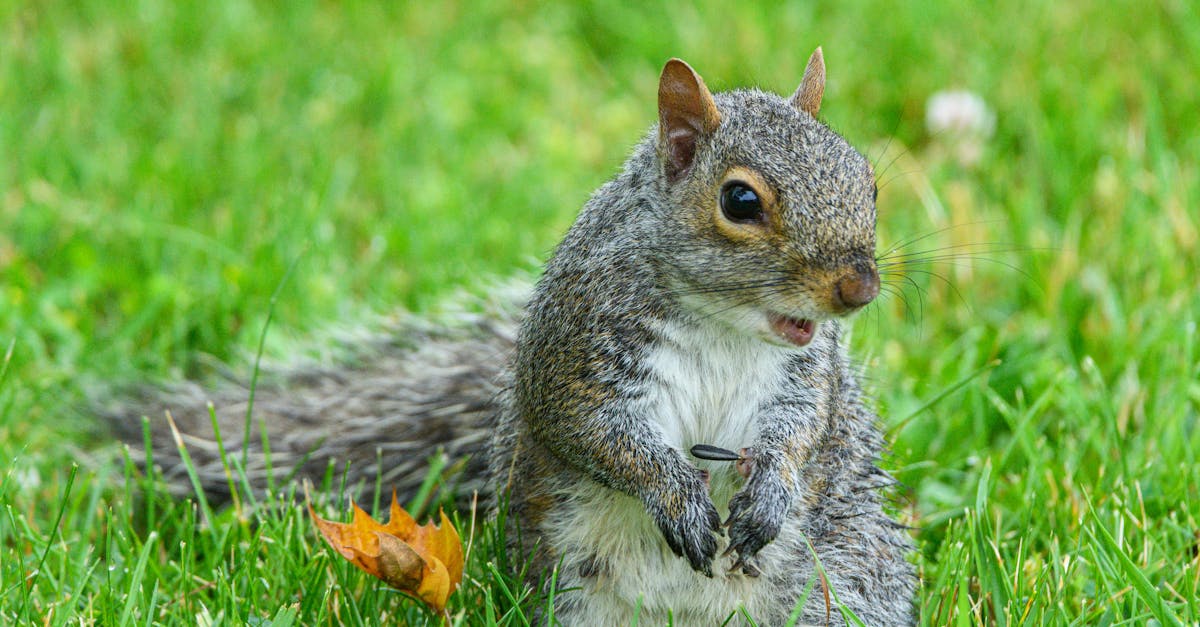More Than Just Pests: 7 Surprising Ways Rodents Actually Shape Ecosystems
Rodents, often dismissed as mere pests, play a surprisingly intricate role in the ecosystems they inhabit. While their presence in urban areas may be unwelcome, in the wild, they contribute significantly to ecological balance and biodiversity. These small mammals, with their diverse species ranging from mice to beavers, have evolved to fulfill various ecological roles that are crucial to many habitats. This article will explore seven surprising ways rodents shape ecosystems, from their role in seed dispersal to their influence on predator-prey dynamics, revealing the hidden complexity and importance of these often-misunderstood creatures.
Seed Dispersal Champions

Rodents are unsung heroes in the realm of seed dispersal, a critical ecological process that supports plant diversity and regeneration. Many rodent species, such as squirrels and certain mice, collect seeds and nuts, storing them in various locations as a food reserve. However, not all stored seeds are retrieved, allowing them to germinate and grow into new plants. This behavior not only aids in the spread of plant species but also helps maintain genetic diversity within plant populations. By facilitating the growth of new plants, rodents indirectly support other wildlife that depends on these plants for food and habitat.